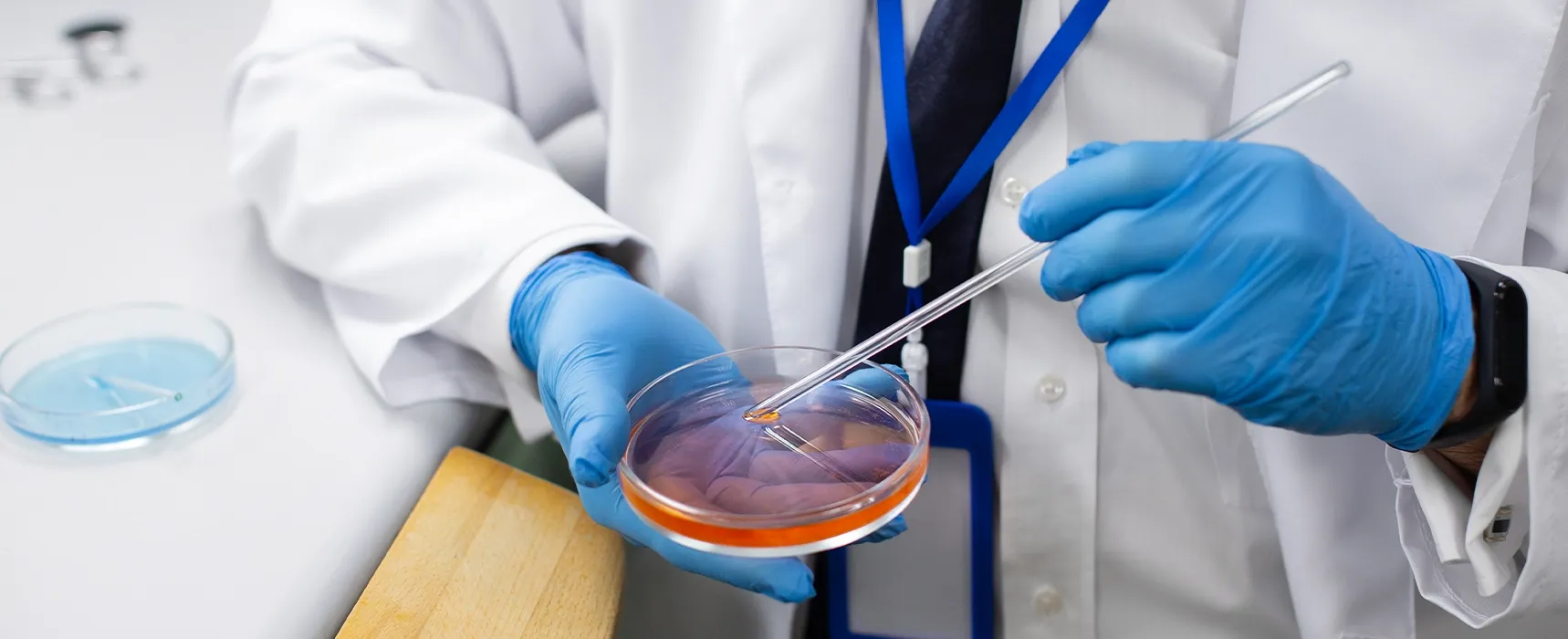What Makes Clinical Embryology Lab Training Unique Compared to Other Medical Fields
For many, a career in medicine brings to mind doctors in white coats, surgeons in operating rooms, and nurses providing care to patients. But they often forget the quiet and controlled environment of an embryology lab.
A clinical embryology lab, though often overlooked, is where some of the most intricate and life-changing work in healthcare takes place. By combining reproductive science with medical technology, embryologists help turn dreams of parenthood into a reality through treatments like in vitro fertilization (IVF). What sets this field apart is its rare combination of technical precision, biological expertise, ethical responsibility, and emotional sensitivity.
This blog explains why training in a clinical embryology lab is truly a world of its own within healthcare education and practice.
Training in a High-Stakes Environment
Even if embryologists don’t work directly with the patients, their role is just as critical. Unlike many other labs in healthcare, where blood tests or tissue biopsies are processed, embryology labs handle the earliest stages of human development. So, here the stakes are high, and even a small error can jeopardize a couple’s chance of conceiving.
For this reason, embryologists undergo extensive training to develop both theoretical knowledge and practical skills. This includes not only mastering laboratory techniques such as preparing sperm, retrieving eggs, and growing embryos, but you also must be extremely careful about keeping everything sterile and making sure a flawless chain of custody. In this field, even small mistakes can have big consequences, so the training is incredibly demanding and requires a lot of focus.
Mastering the Microscale and Perfecting Manual Skills
Another major difference between embryology and other medical lab fields is the level of precision required. Clinical embryologists often handle cells that are 100 microns or smaller. It takes a really steady hand, sharp hand-eye coordination, and hours of practice with advanced microscopes and micromanipulation tools to manipulate eggs, sperm, and embryos accurately.
In most medical labs, procedures are measured in millimeters, but in an embryology lab, success is often determined on the microscale. For instance, during intracytoplasmic sperm injection (ICSI), a single sperm is injected into an egg using a glass needle thinner than a human hair. And this process must be done without damaging the delicate parts of the egg, which takes an incredible level of skill that is rare even among other medical specialties.
A Fusion of Science and Technology
Clinical embryology is deeply rooted in science, especially in areas like reproductive biology, molecular genetics, and embryogenesis. However, what makes it stand out is the way this scientific knowledge is applied through cutting-edge technologies. From time-lapse imaging incubators and cryopreservation units to AI-assisted embryo grading systems, embryologists must be comfortable navigating a wide range of the latest equipment.
Unlike other medical fields where technological adoption can take time to catch on, the field of embryology is continuously evolving. This means that embryologists need to stay updated with rapid advancements in technology, techniques, and regulatory frameworks. Thus, lab training programs not only focus on foundational biology but also on adaptability and technological literacy.
Emphasis on Ethics and Emotional Intelligence
Embryology sits at a unique intersection where science meets some of the most personal and emotional parts of life like fertility, family, and the future. Therefore, trainees need to be prepared for the ethical challenges that come with decisions like embryo selection, genetic testing, and freezing reproductive material.
In addition, while embryologists don’t typically counsel patients directly, their work is essential to those going through the often emotionally draining and sometimes painful journey of fertility treatment. That is why training includes elements like understanding patients’ experiences, respecting cultural differences, being compassionate, and maintaining discretion. These parts aren’t always as emphasized in other medical lab fields.
Interdisciplinary Collaboration
Embryologists don’t work in isolation; they are part of a broader team that includes reproductive endocrinologists, nurses, genetic counselors, and lab technologists. Effective communication becomes critical here to offer continuity of care and successful patient outcomes.
Unlike some lab roles where the professional mostly will be on their own, embryologists must work in sync with busy clinical schedules, emergency cases, and individualized fertility plans. It is this unique mix of independent scientific work and close collaboration that makes clinical embryology unique.
Conclusion
Clinical embryology training is not just another step in medical education; it is a deep dive into one of the most delicate and impactful areas of healthcare. The responsibility of helping to create life requires a combination of scientific skill, technological mastery, ethical integrity, and emotional awareness.
As the demand for assisted reproductive technologies continues to grow, the need for highly trained and competent clinical embryologists will only become more pressing. For those with the passion, precision, and patience, this is a field that offers not just a career, but a chance to make a profound difference in the lives of countless families.






